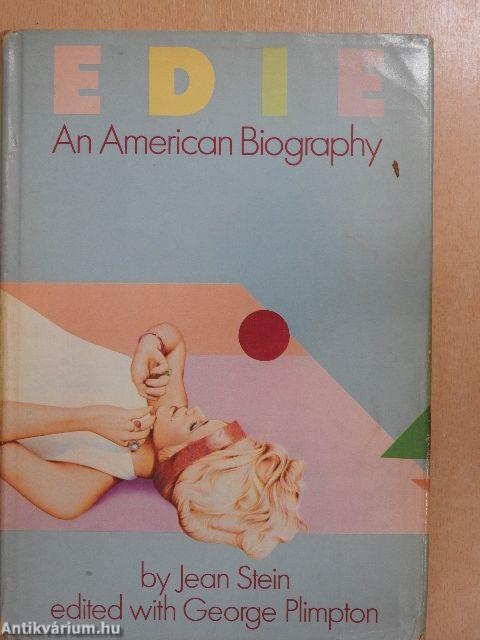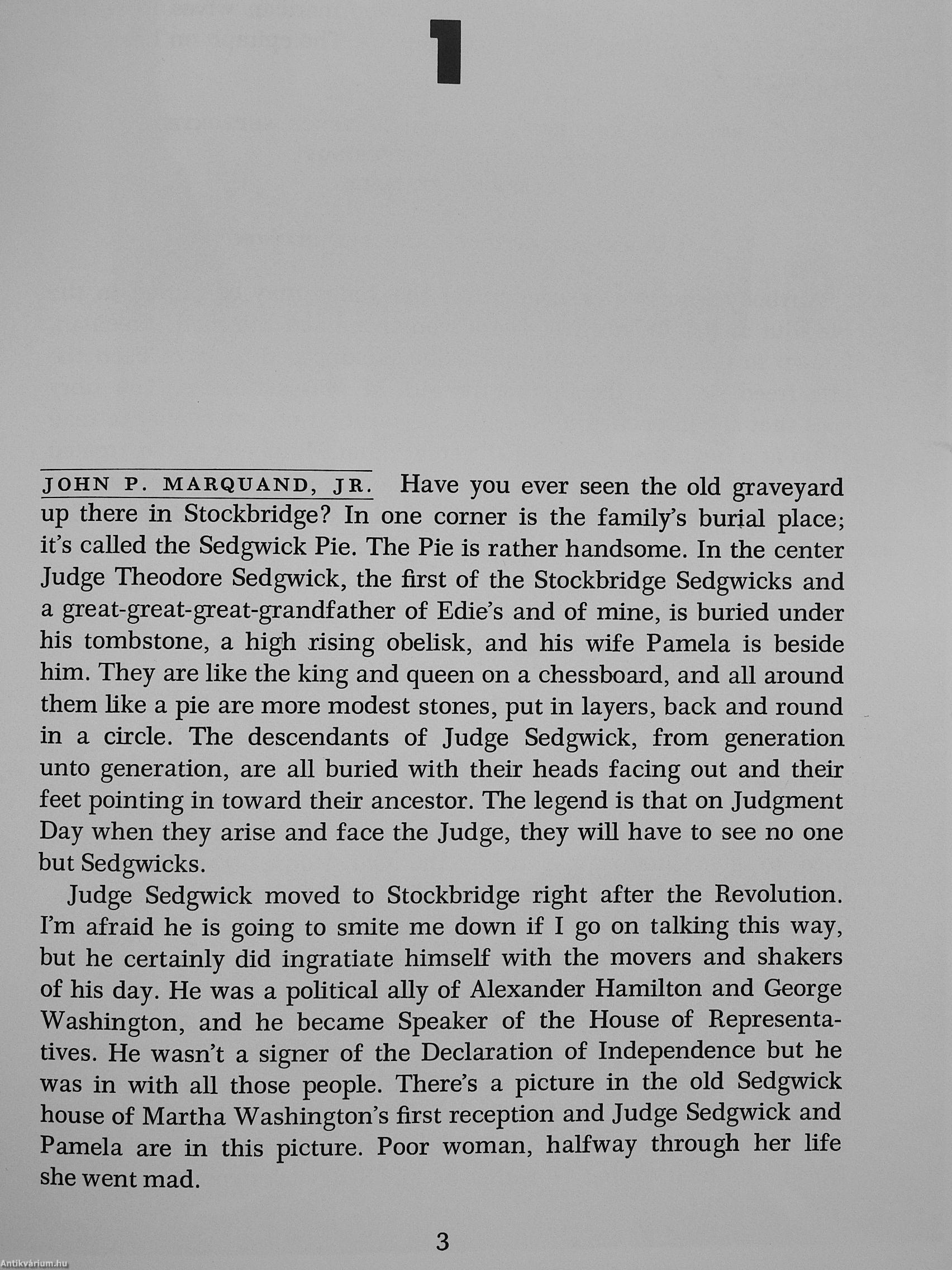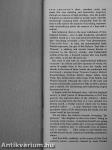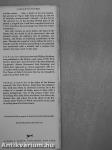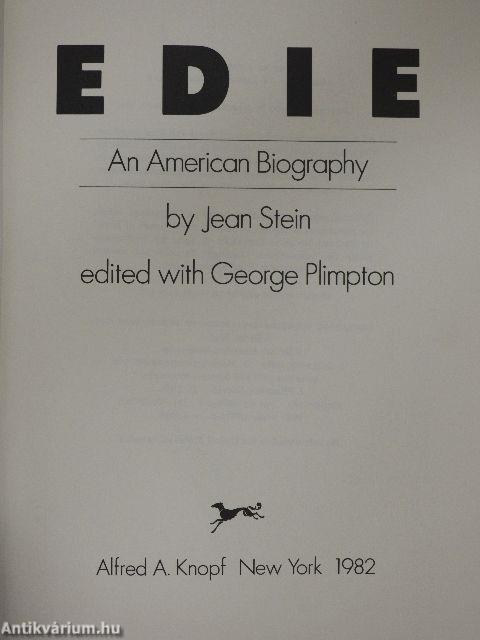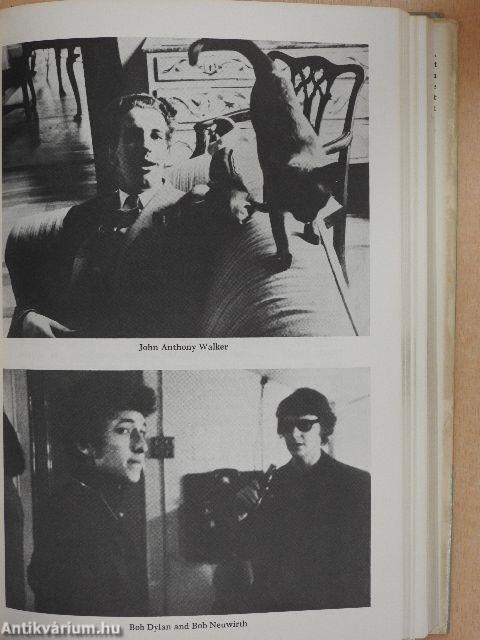1.118.362
kiadvánnyal nyújtjuk Magyarország legnagyobb antikvár könyv-kínálatát
Edie
An American Biography
| Kiadó: | Alfred A. Knopf |
|---|---|
| Kiadás helye: | New York |
| Kiadás éve: | |
| Kötés típusa: | Félvászon |
| Oldalszám: | 455 oldal |
| Sorozatcím: | |
| Kötetszám: | |
| Nyelv: | Angol |
| Méret: | 24 cm x 17 cm |
| ISBN: | 0-394-48819-9 |
| Megjegyzés: | Fekete-fehér fotókkal. |
naponta értesítjük a beérkező friss
kiadványokról
naponta értesítjük a beérkező friss
kiadványokról
Előszó
TovábbFülszöveg
EDiE SEDGWICK'S short, crowdcd, vivid, and tragic life—her dazzling and destructive trajectory through an America of high privilege—has the quality of legend; an American fable on an epic scale. And this emotionally stunning book, remarkable both for the story it tells and for the manner of its teUing, expresses with extraordinary power the essence of a time and a culture.
Edie Sedgwick. Born to the most traditional of New England families—one of eight handsome and gifted children raised in a vast and isolated California paradise—becoming overnight a New York phenomenon, "Girl of the Year": in 1965, the quintessential Andy Warhol superstar, the girl of Bob Dylan's "Just Like a Woman," a striking and electric beauty known to everyone in the literary, artistic, and fashionable worlds of the day, a doomed woman who was hardly alive when, at 28, her life gave out.
Her story is told with an unprecedented brilliance of means—in a fluent and aUve sequence of voices, the voices of... Tovább
Fülszöveg
EDiE SEDGWICK'S short, crowdcd, vivid, and tragic life—her dazzling and destructive trajectory through an America of high privilege—has the quality of legend; an American fable on an epic scale. And this emotionally stunning book, remarkable both for the story it tells and for the manner of its teUing, expresses with extraordinary power the essence of a time and a culture.
Edie Sedgwick. Born to the most traditional of New England families—one of eight handsome and gifted children raised in a vast and isolated California paradise—becoming overnight a New York phenomenon, "Girl of the Year": in 1965, the quintessential Andy Warhol superstar, the girl of Bob Dylan's "Just Like a Woman," a striking and electric beauty known to everyone in the literary, artistic, and fashionable worlds of the day, a doomed woman who was hardly alive when, at 28, her life gave out.
Her story is told with an unprecedented brilliance of means—in a fluent and aUve sequence of voices, the voices of people close to her, from her family and friends to the stars of those worlds she enchanted and distressed — among them Truman Capote, Robert Rauschenberg, Norman Mailer, Jasper Johns, Gore Vldal, Roy Lichtenstein, John Cage, Patti Smith, and Warhol himself. Through the voices of the men and women emotionally connected to Edie as both a person and a symbol, her fascinating and frightening hegira becomes real to us.
It begins with the Sedgwick clan: old New England society (a chief justice of Massachusetts, a Civil War general, the imperial editor of the Atlantic)—Edie's parents moving from the East to a vast, isolated California ranch, a feudal enclave ruled over by Edie's powerful father a man obsessed with his own grandiose vision of life, dominating his family and the closed world he has created.
We see Edie, her father's favorite, becoming "the princess," "the daughter in the ivory tower," Uving in constant erotic tension, catapulting herself out, going to school in the East (golden girl, everyone's longed-for friend), suddenly prey to unbearable fear of failure and to anorexia . . . Edie trying to pull herself into adulthood, private art classes in Cambridge, psychiatric clinics
And then Edie, suddenly, in the center of New York celebrity mania—Instantly claimed by Andy Warhol
(continued from front flap)
and his coterie . . . Edie, a leader of the new fashion, her pictures in Vogue; Edie deep in drugs, in and out of hospitals, setting herself—literally—on fire, but in the camera's eye, in the startling Warhol films of the period, a magical star. Until she's completely burnt out ("You could hear her screaming even when she wasn't screaming")
Her story reveals, as never before, the heart of the Sixties Pop Art world in all its provocative chic and suicidal energy; its explosive mix of celebrity, art, fashion, and drugs; its terrifying annihilation of the past. Through the round of voices teUing the story, a real life and the real lives surrounding it are presented and understood with a breadth and a passion that suggest the large novel or epic play.
jean stein's first interview with William Faulkner was published in the Spring, 1956, issue of The Paris Review. Since then, her interviews with AUce Roosevelt Longworth, Alberto Giacometti, Saul Steinberg, and others have appeared in various magazines. She is a co-author with George Plimpton of American Journey: The Times of Robert Kennedy. She has two daughters and lives in New York City.
george plimpton isthe editor of the literary quarterly The Paris Review. Aside from his collaboration with Jean Stein on American Journey, he is the author of a number of books, most of them with a sports background: Out of My League, Paper Lion, The Bogey Man, Mad Ducks and Bears, One More July, Shadow Box, and others. He is the editor of the five-volume series Writers at Work, interviews on the craft of vmting from The Paris Review.
Illustrated with go pages of black-and-white photographs
Jacket illustration by Guy Fery
alfred a. knopf, publisher, new york
fc
' ^ ¦ ¦ ; . ¦¦ 1 ' , ' ¦ ' ¦ ¦ •• ¦ ; ' ' I
' ; ' I- Vissza
Témakörök
- Életrajz > Művészet > Színház, film
- Életrajz > Egyéb
- Idegennyelv > Idegennyelvű könyvek > Angol > Művészetek > Film
- Idegennyelv > Idegennyelvű könyvek > Angol > Művészetek > Művészettörténet, általános
- Idegennyelv > Idegennyelvű könyvek > Angol > Háztartástan > Háztartás, szépségápolás, divat
- Idegennyelv > Idegennyelvű könyvek > Angol > Életrajz > Művészet > Színház, film
- Háztartástan > Divat > Története
- Művészetek > Művészettörténet általános > Idegen nyelv > Angol
- Művészetek > Művészettörténet általános > Életrajzok > Egyéb
- Művészetek > Film > Filmtörténet > Országok szerint > Külföldi > Amerikai
- Művészetek > Film > Életrajz > Színészek > Külföldi
- Művészetek > Film > Idegen nyelv > Angol
- Idegennyelv > Idegennyelvű könyvek > Angol > Életrajz


